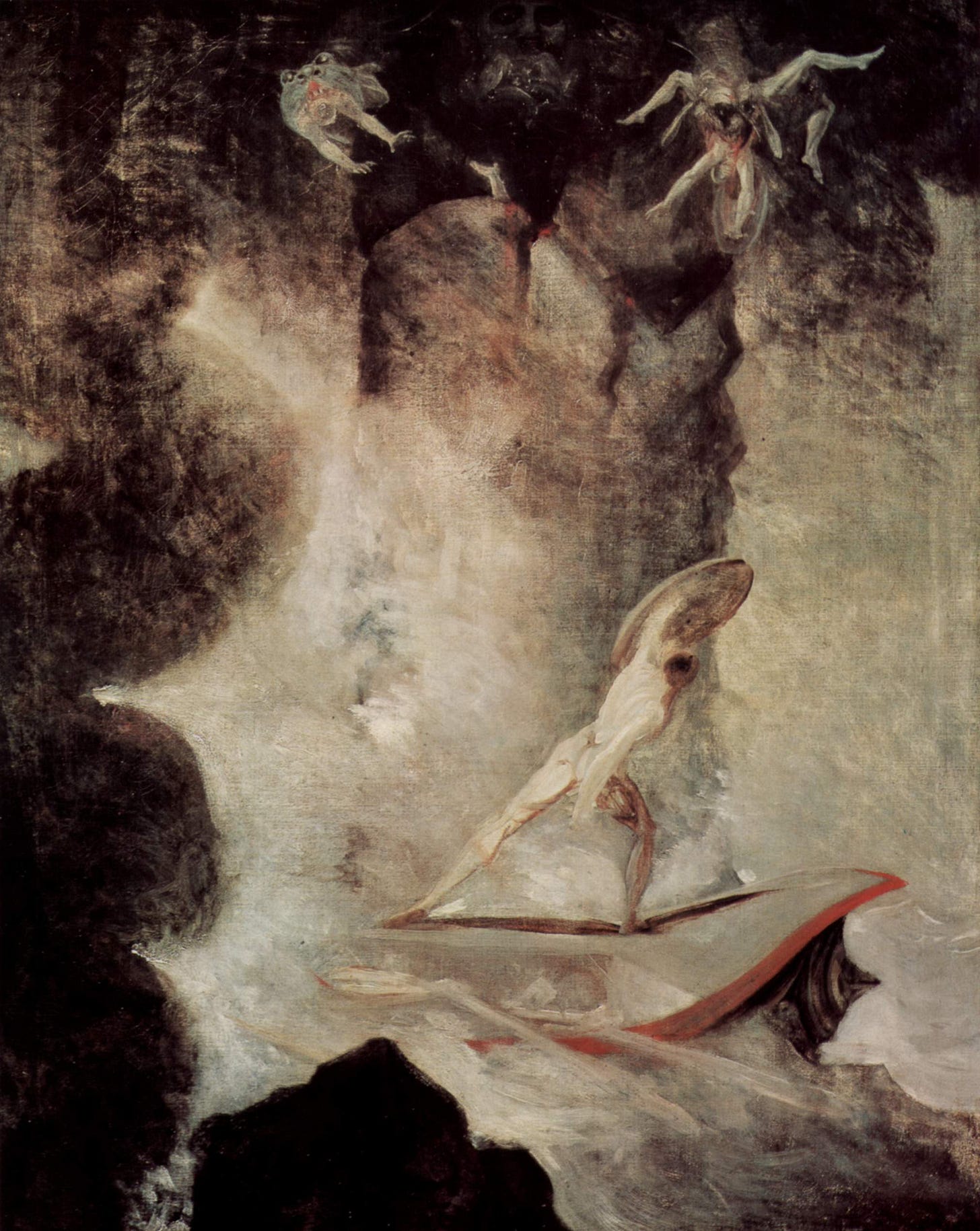Video Version
I am playing with voice overs alongside brief presentations. Every feature needs major improvement - the slides, the design elements, the commentary — my plan is to start awful and get better bit by bit.
Day 2
Where we continue our reading of the Kantian fairy tale1, and like every good one, this too starts with a kingdom and a queen.
The realm of knowledge is as rife with claims of legitimacy as the realm of power. That awareness has many strands, of which I will mention three. There's the postmodern claim that knowledge and power are deeply intertwined, a claim that's deeply contested and arguably demonstrates the workings of power in the realm of knowledge through that very act of contestation.
There's the obsession with certainty, proof and exactness from Descartes onward, which positions itself as a purely internal matter to knowledge but betrays anxiety about the legitimacy of knowledge itself.
And there's the question of the legitimate scope of science - are there any limits to its understanding or is everything open to its purview? In practice, science is an imperial enterprise that doesn't accept any limits to its activity.
I was aware of these strands but it's only when I paid careful attention to the opening myth of the CPR that I realized how important it is to settle those disputes. Knowledge hasn't ever been a democracy, so it's no surprise that Kant opens his campaign with a royalist claim: is metaphysics the legitimate ruler of knowledge?
Even by the time of Kant, metaphysics was a queen with a shrinking empire2, with and ascendant physics sniping at the throne. That was two hundred years ago; today physics reigns supreme, and a physicist like Roger Penrose can write a book called 'The Road to Reality.'
The power struggle in the kingdom of knowledge oscillates between total control in which reason claims direct access to reality and skeptical chaos in which it has no purchase of the truth whatsoever. Kant is setting us up for the Middle Way between the two extremes.
Kant thought that he had steered the ship between the two rocks and was back in the open ocean. He should have known better: neither the dogmatist, nor the skeptic ever sleeps. Back in Kant's time, the new empirical sciences were agents of chaos, destabilizing the certainties of reason handed down from Plato and Aristotle. Now they are agents of dogmatism, routinely saying they have captured the universe with direct access to reality, though this time it's the mind of nature not the mind of God.
In their hubris, scientists almost universally reject metaphysics as a sovereign science that commands their obedience - the queen has been replaced by an accountant, the bookkeeper who makes sure that loot brought home by scientists is accounted for and stored in the right shelf. At the same time, the very success of our grasp over nature has brought us to the brink of total collapse. We too have to steer our ship between dogma and chaos and we too need a wise captain at the helm.
Can a renewed metaphysics come to the rescue once again? If so, what form will it take? The good news is that the metaphysical impulse never disappears, we can't be indifferent to its attractions for too long, for it's in our nature to pose metaphysical questions.
I mean 'fairy tale' as a term of endearment and approval
Reminds me of the quip about the Mughal Emperor Shah Alam - 'Sultanat-e-Shah Alam, Az Dilli ta Palam' - noting that the realm of the Emperor has been reduced to a few miles around the Red Fort in Delhi.














